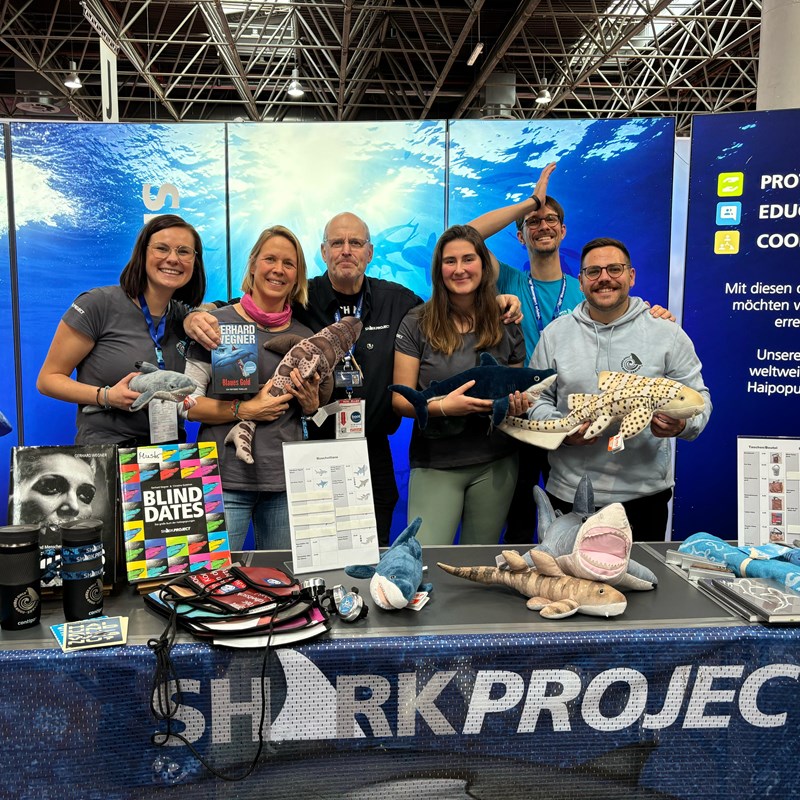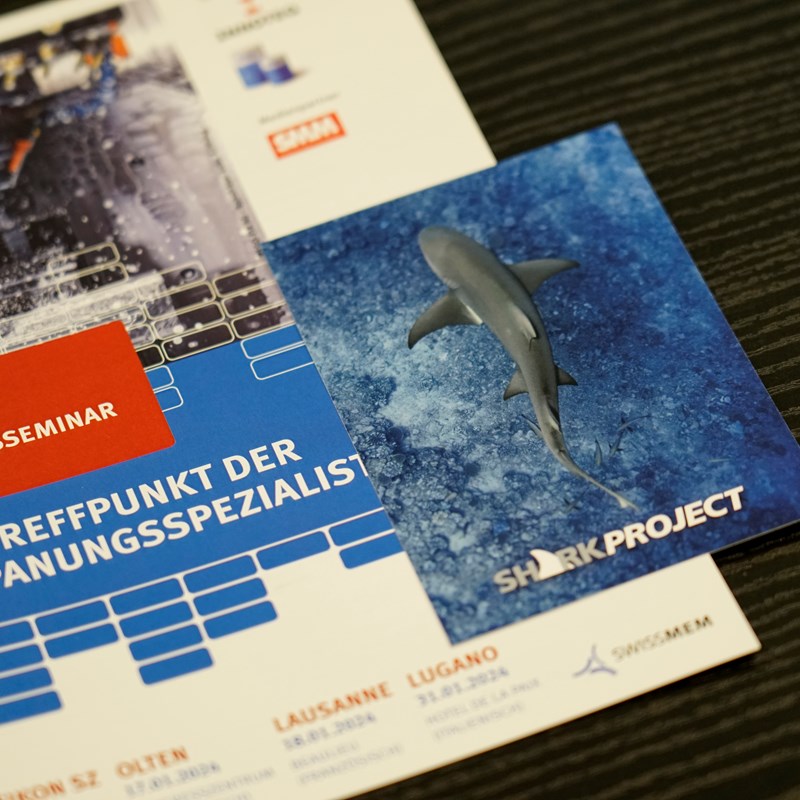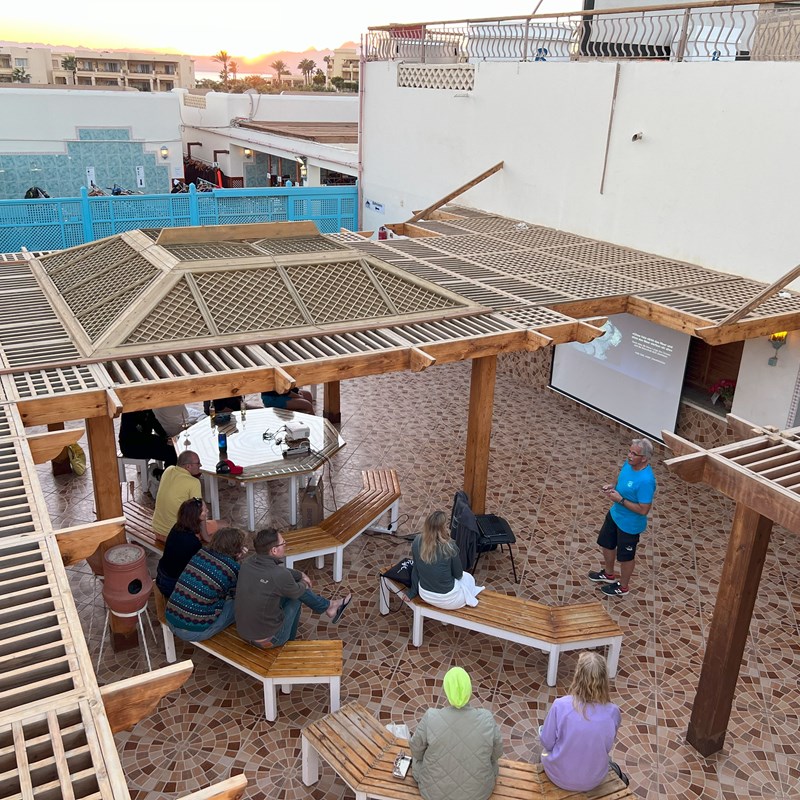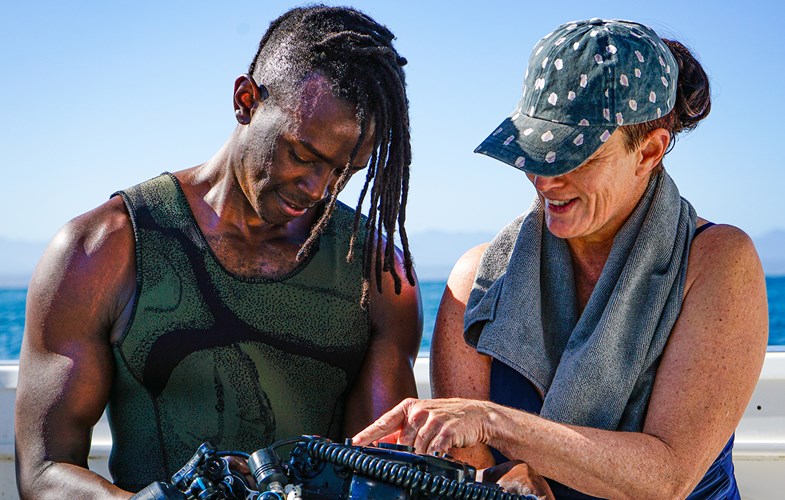

Science is really a game of show-and-tell.
24. November, 2021
Shooting Sharks for Research
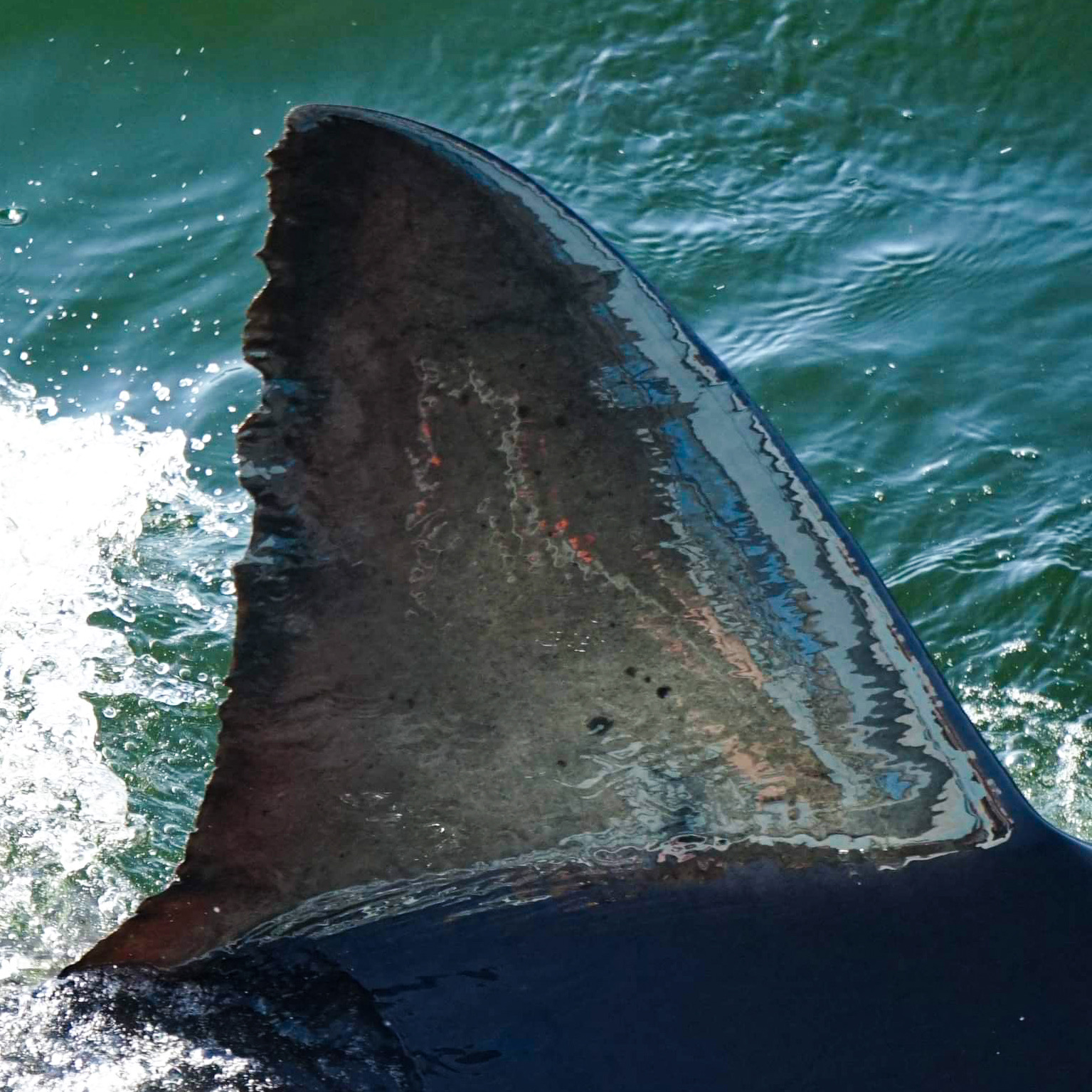
© Gibbs Kuguru
The currency in this game is evidence (the show) and whoever has the most evidence that supports a certain claim (the tell), wins. If your evidence stands the test of time against all other claims, it attains the rank of a theory: an outstanding achievement in scientific inquiry. The road to a theory is long, and fraught with challenges, but creativity is the chariot that brings the scientist to the finish line.
Nature, from the infinite to the infinitesimal, can be elusive. Given this, it’s the job of the scientist to find ways to capture nature candidly, so we can learn about how it behaves. This means that scientists have had to develop technologies that allow them to not only see the things on earth, but also the things beyond it. This has led to some amazing discoveries in cell biology (microscopes), astrophysics (telescopes), and climate research (satellite thermal imaging), with dozens more to mention. Other advances of optic technology has even led to the use of phone cameras by non-specialists to capture vast amounts of valuable data to monitor biodiversity in remote areas. This is a practice called citizen science. It’s clear that imaging tools allow us to show what’s happening in nature, so we can tell the stories of how things fit together; this holds true for wildlife biologists who also need their own imaging tools.
Natural phenomena in the wilds of the world can be complicated to replicate, simply because the variables are many and the perfect conditions are few. When considering this, the best way to monitor them is to develop a standardized procedure that can be used to focus the data collection points on the most important factors. And what better way to do that than with a thousand words...or rather a photo. With a proper photographic composition, one can deliver “the show” with a level of detail that can bring the viewer to the moment of the scene for more precise examination. Indeed, photography is a tool that has been used to enhance data collection in marine research in fields like ecology (e.g. coralline transects), taxonomy (e.g. depicting physical features), animal behaviour (e.g. visualizing rapid movements), but it can also be a great tool for science communication and conservation. These fields use photos in their scientific method in a way that ensures their protocols are consistent and reproducible. In view of this, properly documenting one’s research requires some decent equipment and some skill...the latter of which, I’ll be focusing on.
In my formal education in biology, it was never impressed upon me to hone my photography skills since there were more obvious courses that took precedent like computational biology, GIS, or field courses. Still, that didn’t make learning how to use a camera any less important. It wasn’t until I got a camera for my PhD research that I realized I wasn’t able to effectively use it beyond “AUTO” mode. Looking down the barrel of a lens can be quite daunting when you have no idea how any of it works, but luckily I found a great photography course through Africa Media in Mossel Bay, South Africa. In my 4-week course, I learned the essentials of photography and I applied those in a variety of scenarios from a White Shark Cage Diving boat, a Big 5 Game Drive, and even a Penguin Sanctuary. All of these excursions gave me exposure on how to use my camera in a methodical way when working with wild animals, which is a tool I now carry with me in the field.
For my research, I will be incorporating photographs in my methodology to better understand the presentation of Leucism in Blacktip Reef Sharks. This will provide a valuable resource to my data collection while allowing me to show my work and tell the stories of these sharks. So far, learning how to improve my photos has been quite the undertaking, but rewards far outweigh the cost of the challenges. It’s also crucial to have a great team that helps push my work forward, which I couldn’t be more grateful for. Thanks to Sharkproject Switzerland for supporting my research efforts!
